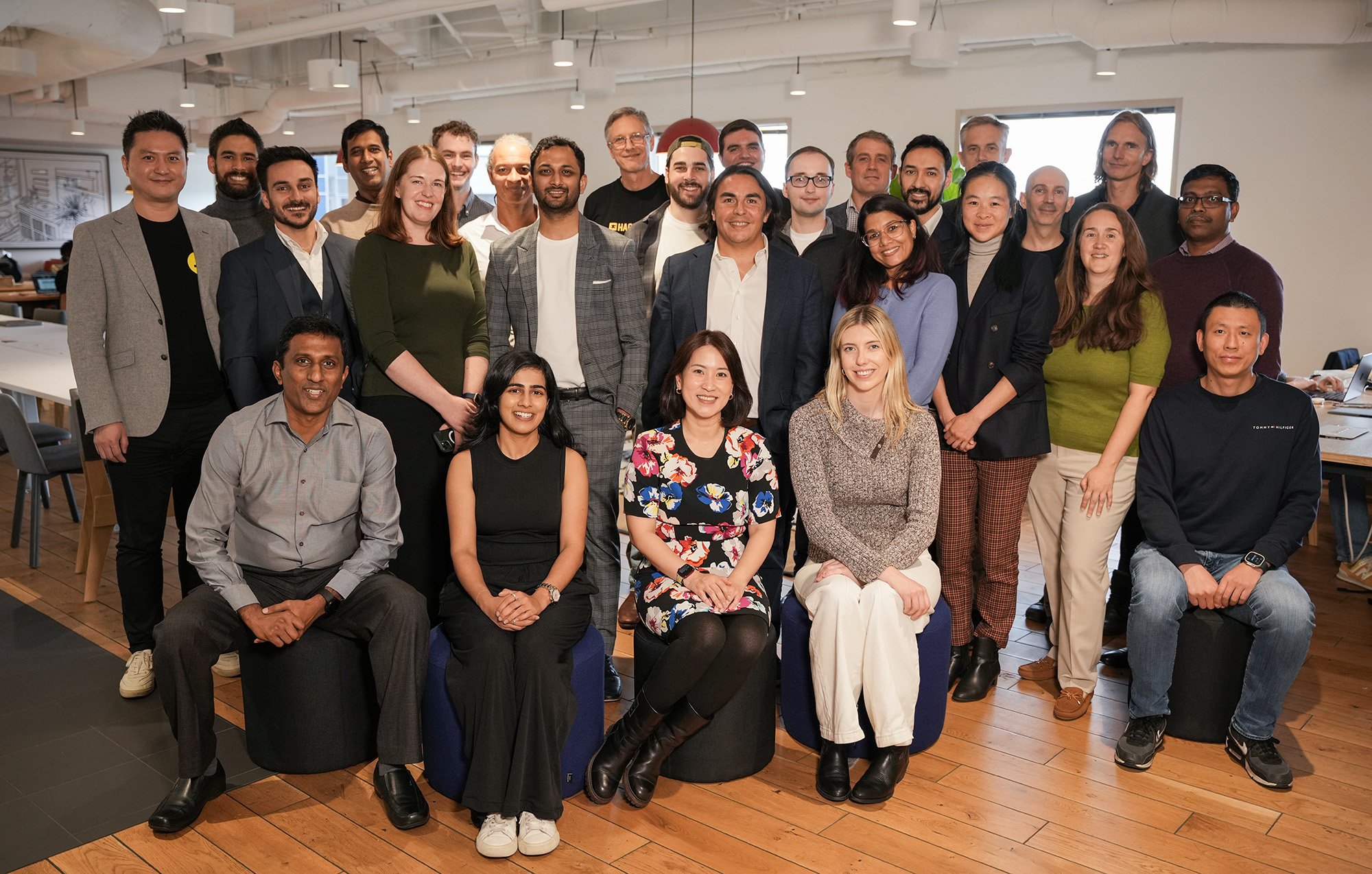Meta’s AI Characters: Shaping the Future of Social Media Engagement

AI-generated Image (Credit: Jacky Lee)
License This Image
Meta Platforms, the tech giant behind Facebook and Instagram, is pivoting toward artificial intelligence to revolutionize social media engagement for its 3 billion users. By integrating AI-generated characters into its platforms, Meta hopes to attract and retain younger audiences while keeping pace with rival companies in the generative AI race.
[Read More: Meta's New AI Venture: Revolutionizing Art Creation with Meta.ai]
AI Characters: The Next Digital Identity
Meta envisions a future where AI-generated characters coexist alongside traditional user accounts. Connor Hayes, Meta’s vice-president of product for generative AI, revealed the company’s ambitious goal to incorporate AI personas with bios, profile pictures, and content-generation capabilities. These digital entities aim to create an engaging and social interaction layer on Meta’s platforms.
The AI character tool, initially launched in the United States in July, has already been used to create hundreds of thousands of characters. However, most users have opted to keep their creations private. Meta plans to expand this feature globally, enabling users to interact socially with these AI personas.
[Read More: Meta's AI and the Challenge of Interracial Representation]
Enhancing User Experience Through AI
Meta’s push into generative AI is driven by its desire to make its platforms “more entertaining and engaging”, Hayes explained to Financial Times. In addition to AI characters, users are leveraging AI tools to enhance real-world content, such as photo editing. Meta plans to roll out text-to-video generation software next year, enabling creators to integrate themselves into AI-generated videos and expand their creative possibilities.
This initiative aligns with broader trends in social media, where platforms are leveraging AI to boost user engagement. Competitors like Snapchat and TikTok are also innovating in this space, with Snapchat’s AI-driven 3D character tools for augmented reality and TikTok’s Symphony suite, which combines AI-generated avatars and content creation for advertising.
[Read More: TikTok Ban Advances in the U.S. as AI Innovation Flourishes in Europe]
Risks and Safeguards of AI Integration
While the introduction of AI characters opens new creative frontiers, it also raises significant concerns. Experts warn that AI-driven accounts could be weaponized to spread misinformation. Becky Owen, former head of Meta’s creator innovations team, emphasized the importance of robust safeguards to prevent false narratives from proliferating on these platforms.
Meta has implemented policies requiring AI-generated content to be clearly labelled, aiming to maintain transparency and user trust. However, Owen cautioned that an influx of AI content could dilute the quality of material on social platforms and undermine human creators’ efforts. Unlike human creators, AI personas lack emotional depth and relatability, which could erode user confidence over time.
[Read More: Meta's Bold Move: Facebook and Instagram to Label AI-Generated Content]
The Road Ahead for Meta and Social Media AI
Meta’s foray into AI character creation reflects the growing competition among tech companies to leverage generative AI for user engagement and content creation. With plans to expand access to these tools and integrate advanced AI capabilities, Meta aims to remain at the forefront of social media innovation.
However, the company must address the challenges posed by AI-generated content, balancing creativity with quality and safety. As AI continues to evolve, its impact on the future of social media—and the way users interact with digital platforms—will become increasingly profound.
Source: Financial Times
We are your source for AI news and insights. Join us as we explore the future of AI and its impact on humanity, offering thoughtful analysis and fostering community dialogue.








